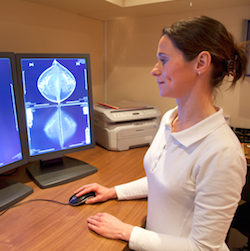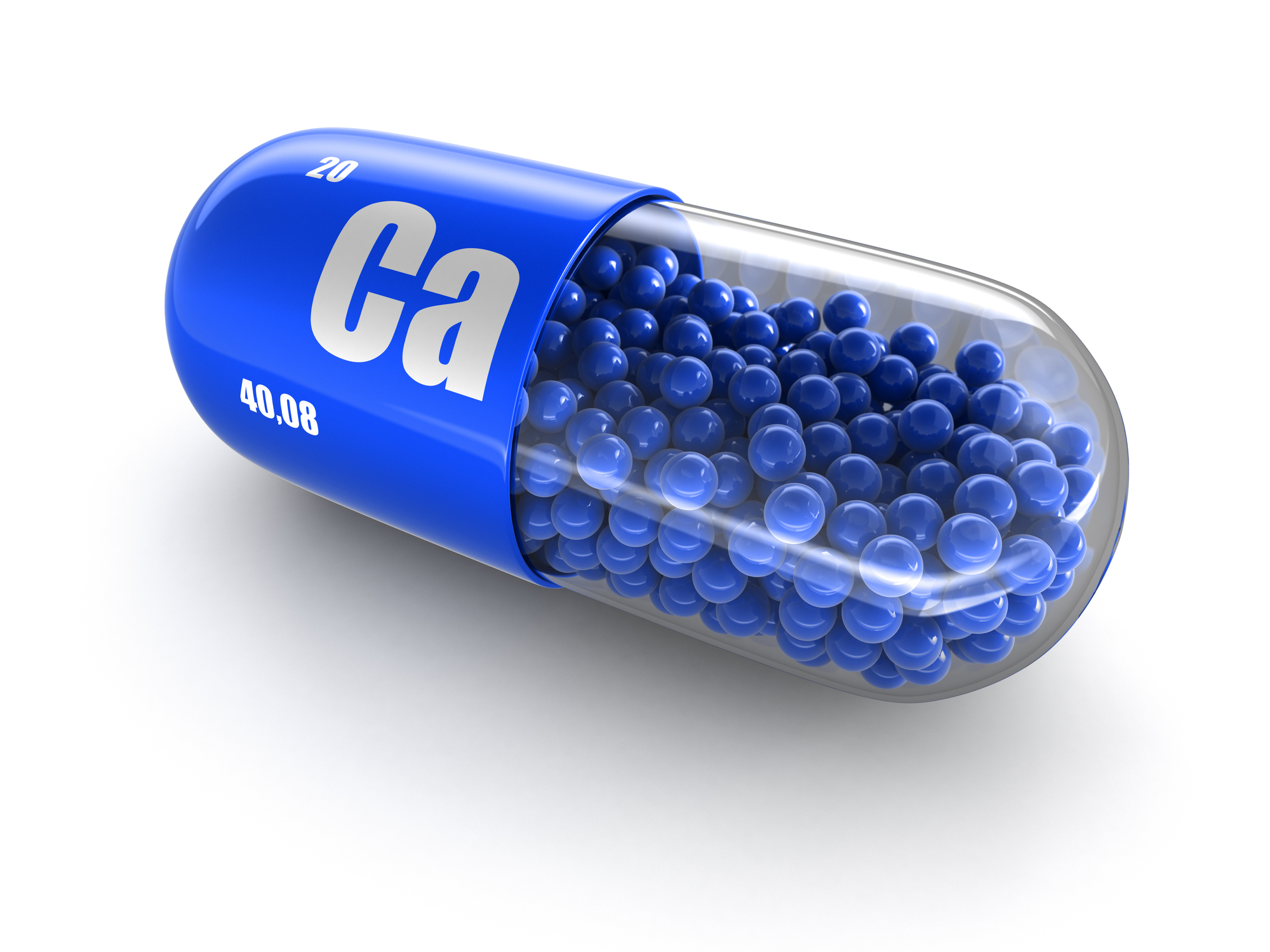It is well known among researchers that mitochondrial genetic or primary mitochondrial disorders contribute to mitochondrial dysfunction as well as secondary or acquired degenerative disorders. This review will concentrate on nongenetic or acquired mechanisms that could explain mitochondrial dysfunction and their replacement treatment with natural supplements and combinations of natural supplements, including vitamins, minerals, enzyme cofactors, antioxidants, metabolites, transporters, membrane-type phospholipids, and other natural supplements. Combinations of supplements can reduce significantly the fatigue and other symptoms associated with chronic disease and can naturally restore mitochondrial function, even in long-term patients with intractable fatigue. By Garth Nicholsen, PhD, published in Alternative Therapies Health Med. 2014, Vol. 20, Suppl. 1.








